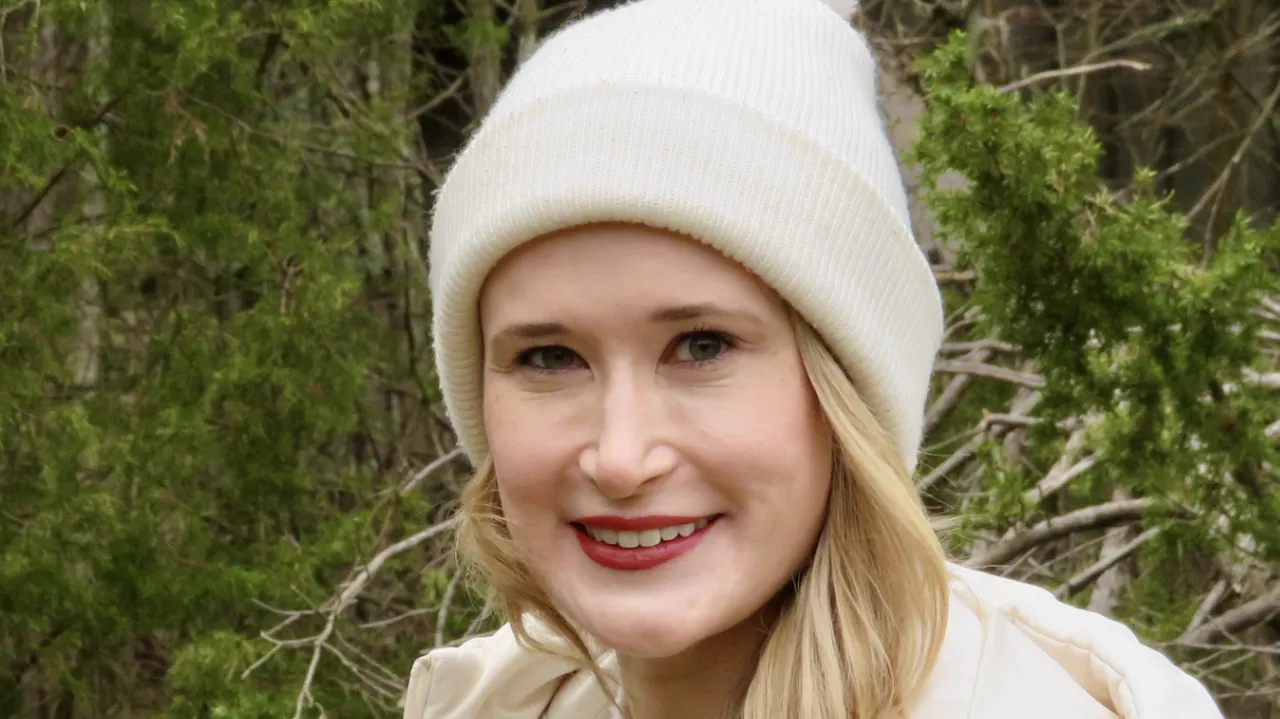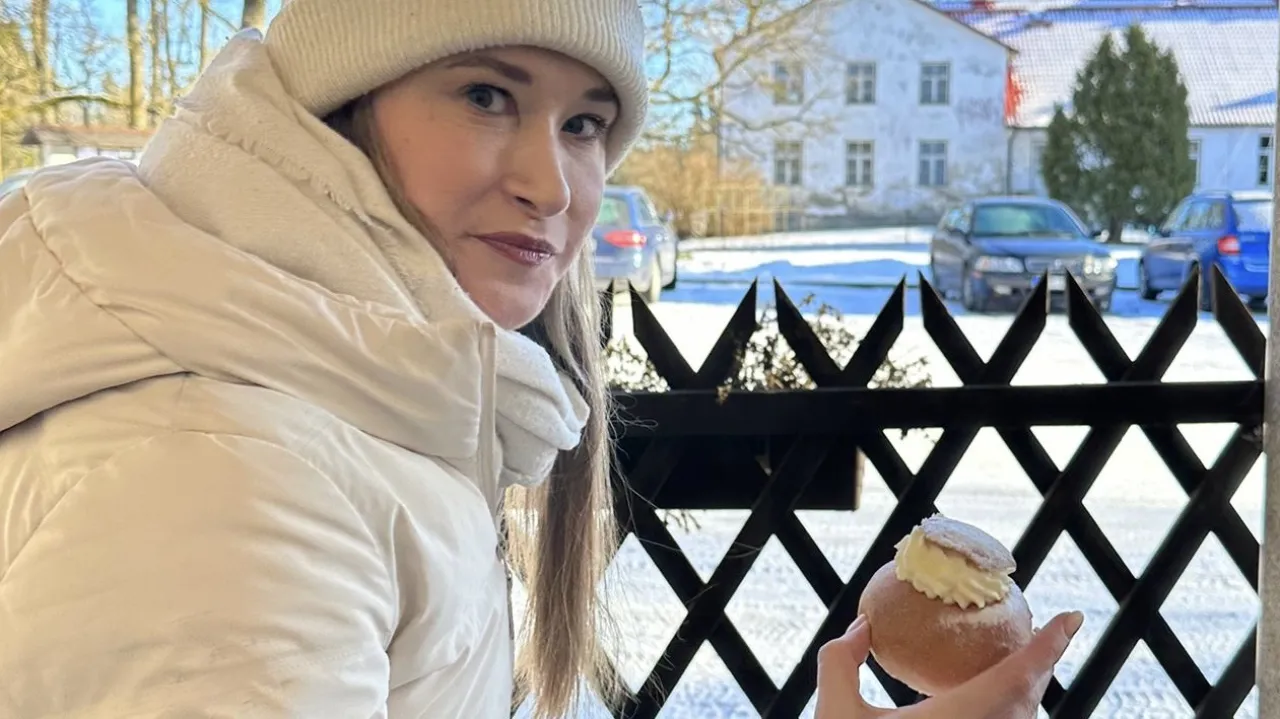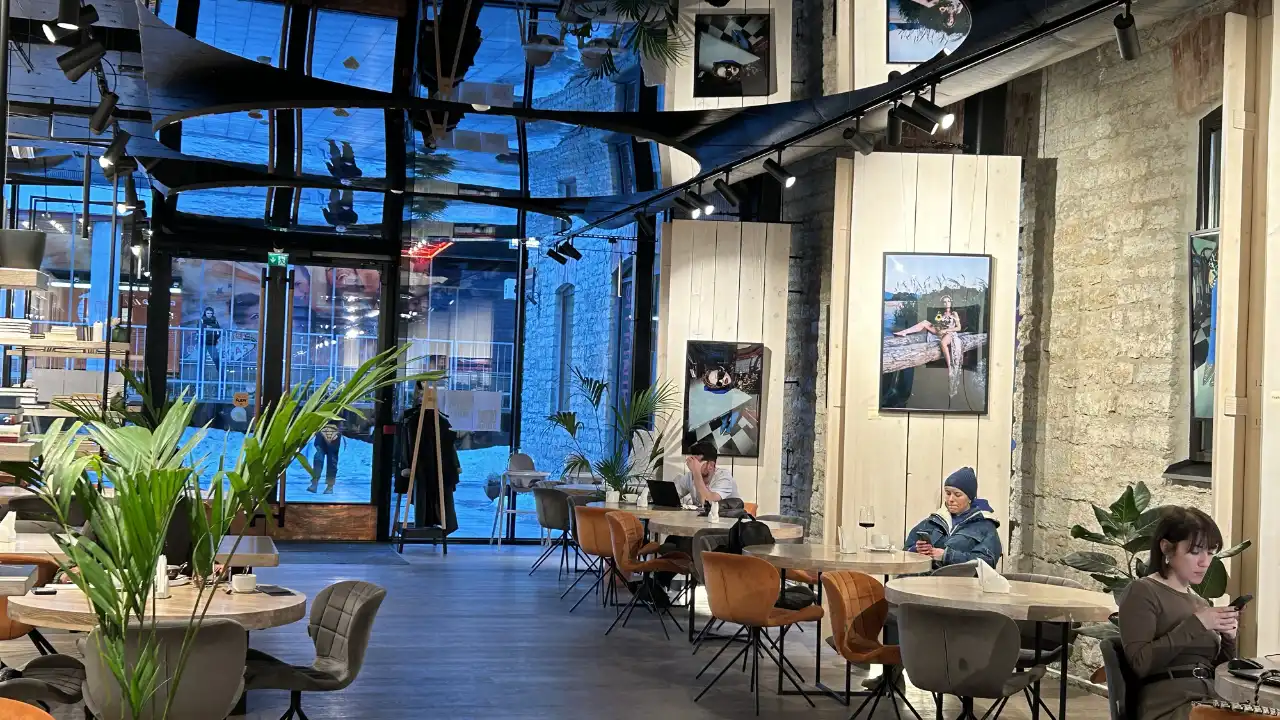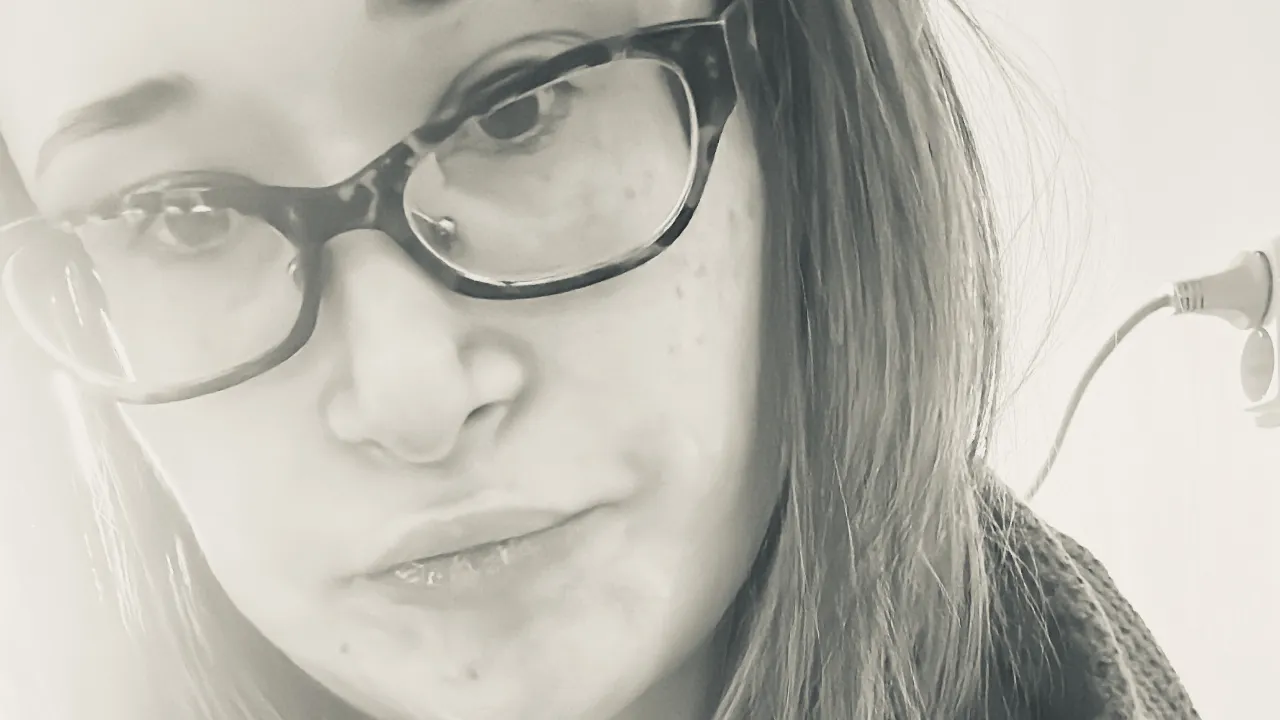Blog
Bansko, Bulgaria – how did I end up here?
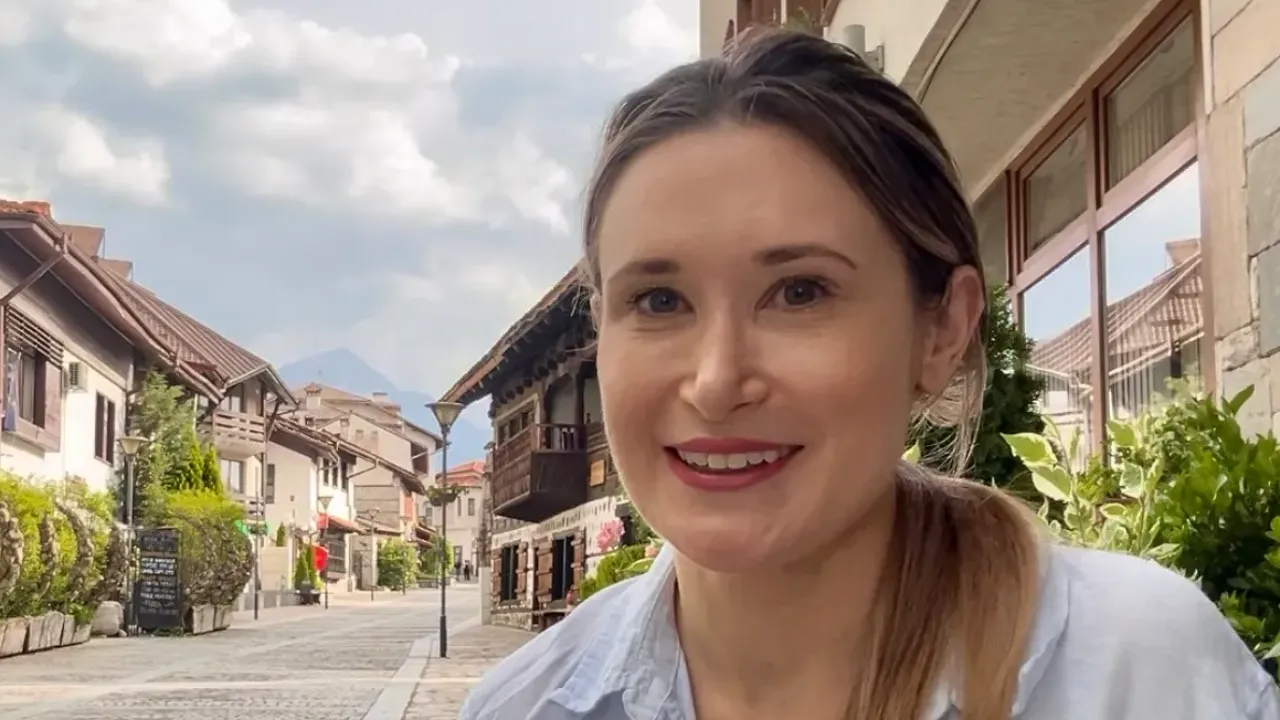
I’ve been in Bansko off-and-on since 2020, 3-6 months at a time. Bansko is a mountain ski resort village that also happens to be a ‘digital nomad hot spot,’ meaning that there are lots of remote workers here, from all corners of the globe. The unique story of Bansko’s evolution as a ‘nomad hub’ was captured last year on BBC Travel here.

I first heard of Bansko when I was still in Saudi Arabia, researching the ‘digital nomad life’ after a friend forwarded me a link about her planned post-Saudi, remote-working, globetrotting lifestyle. The place stuck in my mind, although not with much seriousness at the time. But the combination of mountain scenery and <$1000/month USD cost of living was alluring. I could even learn how to ski, (relatively) affordably. And so, five months after I left Saudi (probably) for good, I landed here.
I didn’t know anybody. I don’t speak Bulgarian. I had booked a guesthouse room the previous night, my only criteria being that it was around the corner from Coworking Bansko, which felt like my ‘foreigner lifeline’ in this otherwise very random, very foreign place. I’m quite used to traveling alone to random countries, but that normally involves landing and getting acclimated via a major city. In this case, I flew into Bulgaria and had a private taxi meet me at the airport to then drive the 2.5 hours on winding mountain roads, direct to Bansko.
It was dark by the time I arrived, but the guesthouse owner was there waiting. My room had very orange, very post-Soviet vibes, but it was something like $25/night (I was probably still overpaying). The bed was comfortable enough. I was satisfied. The guesthouse owner showed me, on Google Maps, the only nearby restaurant that was open late at night. Damyanitza is one of my favorite restaurants now, as it’s cheap and convenient and with reliably good food and massive portions. It’s funny to think back on myself now, on my very first night in Bansko, sitting there in a diner-style restaurant with the post-second-shift crowd. I didn’t see any foreigners at the time, despite being under the impression that they were very much “around” in this remote Bulgarian village. It felt like I had started the day at Heathrow and ended it deposited into a weird movie scene in which burly Bulgarian men glanced at me with curiosity. But it wasn’t threatening.
I would go on to make friends; to leave during COVID; to come back and reunite with some of those friends and to make many new ones. To move into a €250/month apartment with landlords who treat me like family. I did learn how to ski; not well, but I did it. I developed a gym habit at the little mountain-view gym here, (hopefully) forever changing my commitment to staying consistently fit.

Foreigners who come here outside of ski season, come here either because it’s cheap; because their friends recommended it; or both. Yes, the mountains are stunning, but the mountains are stunning in the Alps as well, and with better amenities. But without the same character. Bansko is a vibe, and I think that keeps many people coming back even once their income allows for a more elite existence.

There are drawbacks. The police are minimally-functional, as is the nearest hospital – any reliable medical treatment is 2.5 hours away in Sofia. Prices have gone up, with inflation and the general development of the ski resort to blame. Ski season tourists are rowdy and a headache, since it’s a ‘lower level’ ski resort where foreign tourists generally go if their primary goal is après-ski partying, as opposed to good skiing. There’s also a contingent of ‘long termer’ foreigners who have a bit of a libertarian bent, seemingly happy to trade public amenities for lower tax, until they need those public amenities, at which point their complaints become endless. Some are just enjoying stretching their pension dollars, and I have minimal interaction with that group, save the English couple who run the little craft beer bar as a ‘labor of love’ project. Great people.
Many of the remote workers who come to Bansko, do so either in conjunction with summer Nomad Fest, or for less-expensive winter skiing, or because they’re in a strained financial situation and want to save money as they sort out their career and/or life. The low cost of living takes the pressure off, though it can also lend itself to a sense of malaise. You’ll find millennials and Gen Z who are disaffected with the rat race, capitalism and 9-5, and who are determined to create a different life. In the right circumstances, this can work – at least for a time. There are calls to open an international school here, but it’s unclear whether the funding is really there, from fledgling Bansko parents often on remote-worker, freelance wages.
For me, Bansko works well as a base, for now, as I push forward with my business. I don’t see Bansko as a forever home. But I’m very, very grateful for the role Bansko has played in my life to date – and I know I’ll be crying hard tears the day I finally leave my little Bulgarian mountain apartment.
